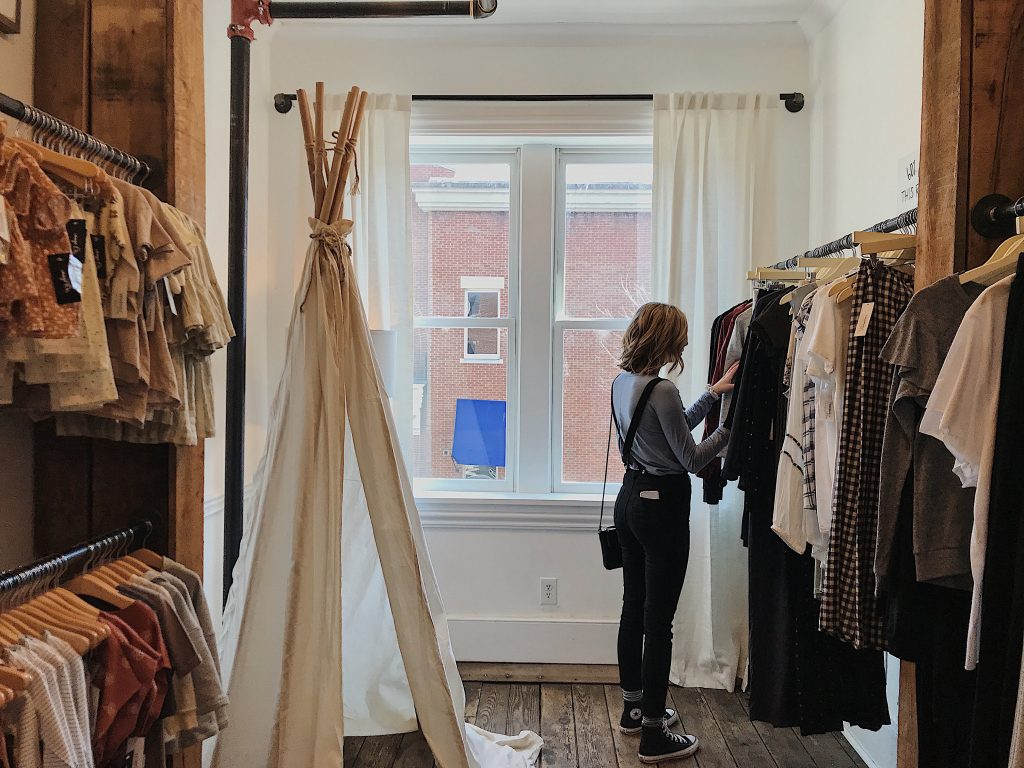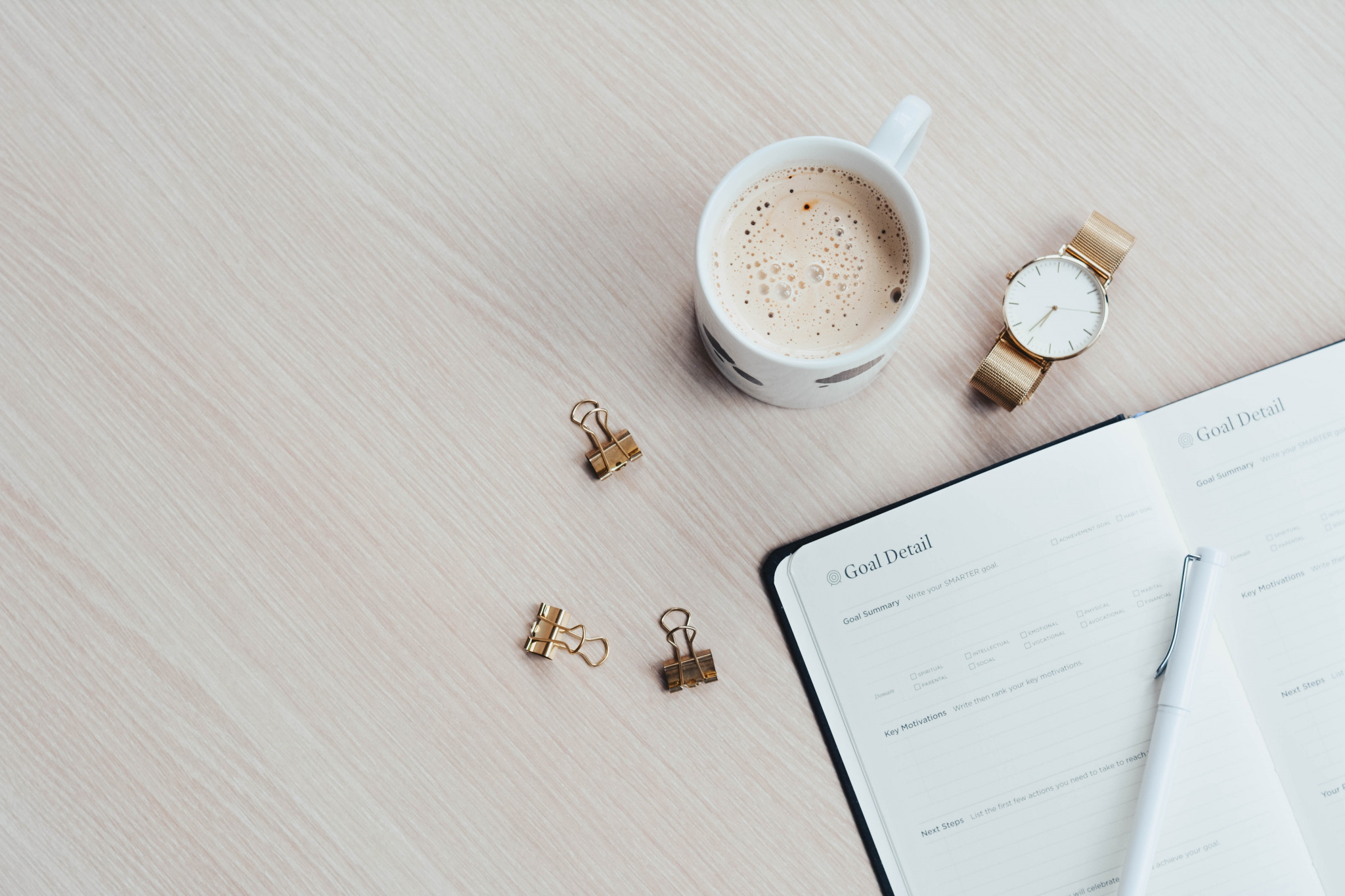Being a student isn’t easy: money’s tight, schedules are packed and finding a work life balance is challenging. Probably one of the last things on your mind is how could you be more sustainable and even if it is something you’re thinking about, it’s hard to establish good habits. We search for convenience in our everyday lives; hence it is challenging to have to go out of our way to do something that we don’t directly reap or see the benefits for. However, there are simple adjustments you can make to your daily routine that will both decrease your environmental footprint and make your routine run more smoothly. There are even many new habits that you can introduce that will save you time and money. If you adopt some of these slight changes every so often it will help the world we live in and depend on to survive.

Food:
- Sign up to The Veg Box Project! It allows students to get lots of organic, nutritious veggies from a local farm for a great price, only £6 a week, with no subscription! This not only helps to reduce your carbon footprint as it is locally sourced, but it also saves you money on food each week due to it being cheaper than most supermarkets. Moreover, you get to try new things and find new foods you love.
- Save money and decrease greenhouse gas emissions by reducing meat consumption, even if it’s just one vegetarian meal a week. In our current economic climate, food is getting more expensive by the day and meat prices are increasing significantly. Try to look for some vegetarian alternatives to your regular meals. Could you replace meat with Quorn or maybe use lentils and beans, etc. Not only do these foods work out cheaper as they tend to go further, but they also keep very well so can be used for many future meals down the line.
- Another way to help our environment is to cook with friends. Less energy is used for making the meal, it saves money as you can split the cost and there is less food waste. It’s also a wonderful way to have fun too!
- Meal prep sounds like a pain but really it just takes a bit of thought and maybe 30 minutes of your day to prep food for the days ahead. You waste less food as you use up all the ingredients you buy, and you also save yourself a lot of time. If you know you’re usually in a rush to get to a lecture, wouldn’t it feel great if you could have a delicious meal that you prepped earlier ready to go when you need it, even when you’re on the go!

Shopping:
- Reducing consumerism habits means less impact on our planet. We don’t need all the things we want and we need to get better at prioritising things that are essential to us. If you feel the need to shop, try second hand before visiting your regular shops. There are many great online re-seller shops now that you can get practically anything you want second hand for way cheaper! Try looking at sites like Depop, eBay or Vinted and you will see they sell many popular brands at a greatly reduced prices compared to their new counterparts.
- Need books for Uni? Try your local library! You can also get books second hand for cheaper. Personally, I also love giving books to my friends that I have already read, it clears some space in my room, saves them money and it also means that you can share your thoughts and opinions on the book!

Everyday lives:
- I know this is a given but using public transport instead of driving a car can reduce your carbon footprint dramatically! Air pollution is the number one global killer; so one less car on the road has a massive effect! Plus, taking the bus gives you your travel time back to study, socialise and wind down.
- Not using your phone? Turn it off completely. Phones being idle uses up energy/-battery life and if you shut down your phone every now and then for a few hours it means less time and energy needed to charge your phone. Also, we could all do with a little less screen time.
- Unsubscribe from emails you do not need/want. We have all signed up to a subscription inbox at some point in our lives but how often do you actually read their emails? It’s probably very rarely. These emails have a carbon footprint which adds up over time. Reduce your impact and the sender’s impact by unsubscribing from unnecessary emails.
- Get a re-usable water bottle. There are many water fountains round campus that are free to use, saving you money and saving the world the plastic. Furthermore, this applies to coffee shops. You can bring re-usable coffee cups to many local cafés and some even offer a discount if you do, preventing more disposable cups from going to landfill.
Implementing just one or two of these ideas into your everyday routine will help us all in the fight against climate change. Let us know in the comments which of these you do and any more ideas you have!
By Jenny Hall, SGO Project Officer
 Sustainability
Sustainability Bethany Climpson
Bethany Climpson 899
899


